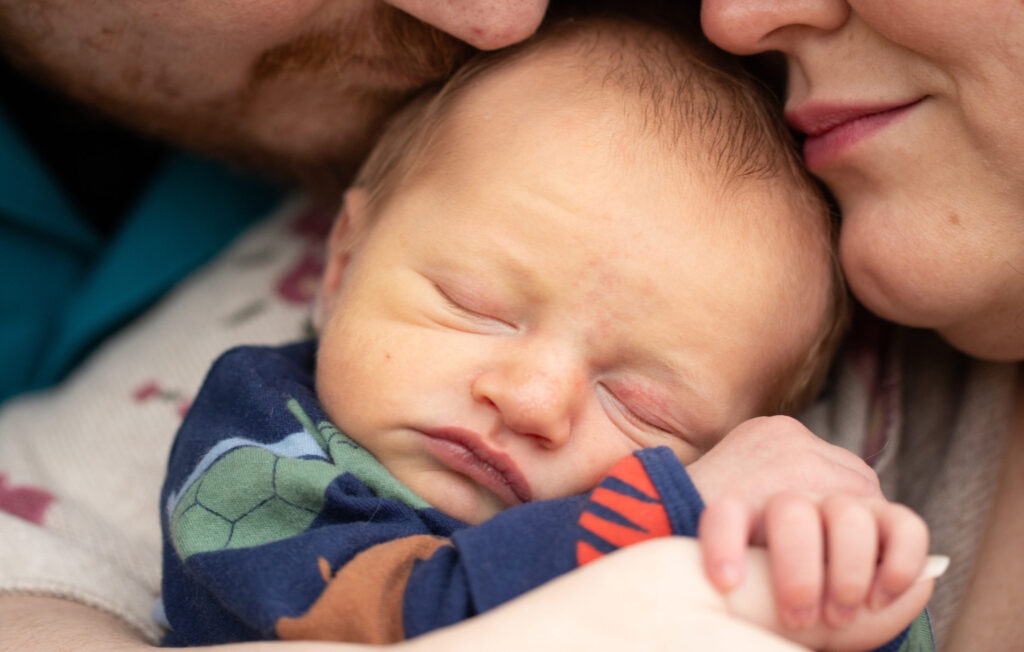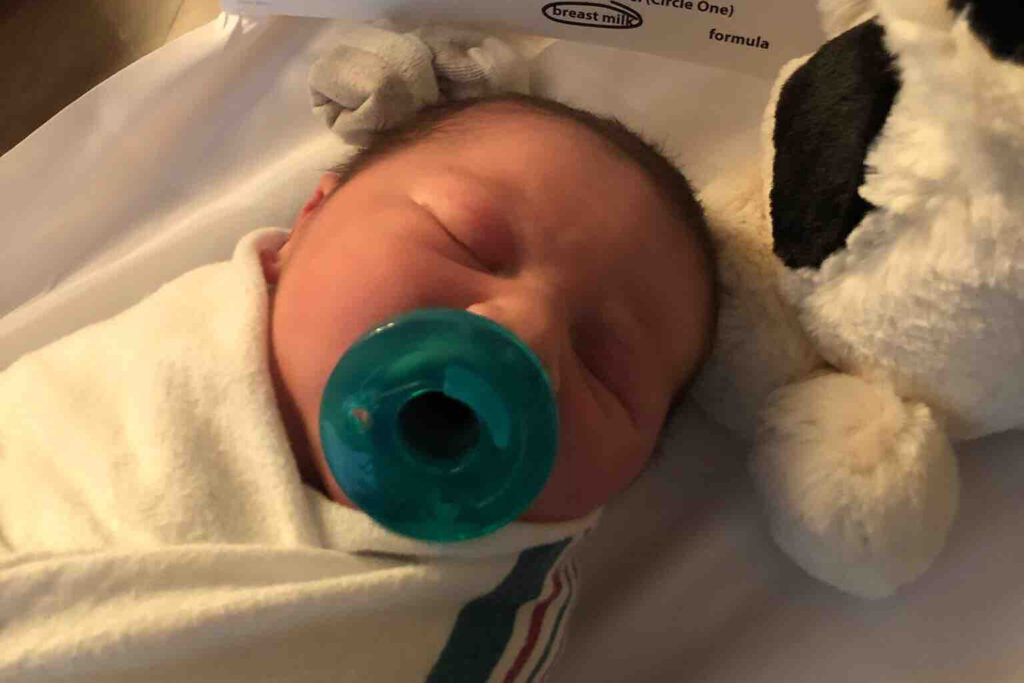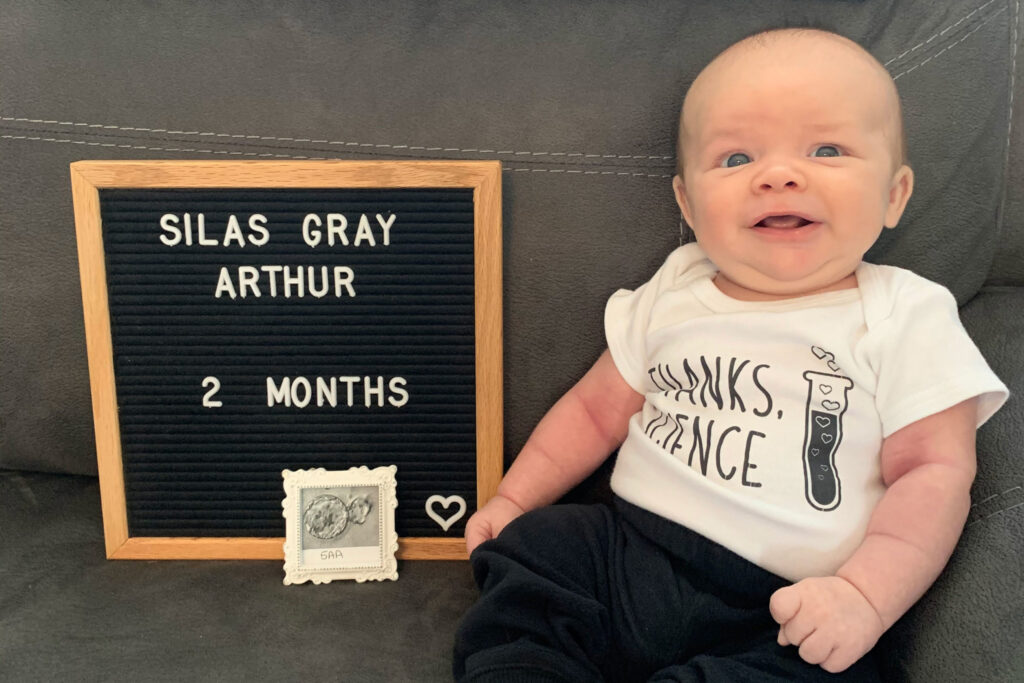Learn what to do about ovarian cysts and infertility
 The Tennessee fertility doctors at our clinic help women navigate ovarian cysts and infertility. An ovarian cyst is a fluid-filled sac on or in the ovary. Thankfully, it is almost always benign, or non-cancerous.
The Tennessee fertility doctors at our clinic help women navigate ovarian cysts and infertility. An ovarian cyst is a fluid-filled sac on or in the ovary. Thankfully, it is almost always benign, or non-cancerous.
Women can experience several symptoms of ovarian cysts. The most common ones are abdominal pain, irregular periods and bloating. While many people think that cysts of the ovaries are the same as PCOS, or polycystic ovary syndrome, it’s a common misconception. These two issues are different conditions. PCOS causes hormonal imbalances, while ovarian cysts typically do not lead to this issue.
What you need to know about ovarian cysts and infertility
Women of reproductive age can experience several different types of cysts. Some of them will resolve on their own, but others may require treatment.
Follicular cysts develop when the egg in the ovary doesn’t release. This kind of cyst will usually resolve on its own.
Endometriomas occur when a piece of the endometrial lining goes through the fallopian tube to attach to the ovary and form a cyst. This cyst can bleed and be a sign of endometriosis.
Dermoid cysts is a benign cyst that can contain tissue like hair, fat, bone or cartilage. If a dermoid cyst causes a problem, doctors can remove it during a minimally invasive procedure.
Hemorrhagic cysts fill with blood. If this type of cyst bursts, it can cause severe pain.
Our Tennessee fertility doctors use tools like a pelvic exam and a transvaginal ultrasound to diagnose a patient’s ovarian cyst.
Effective treatments for cysts of the ovaries
After a patient gets a diagnosis, the doctor will determine whether treatment is necessary. Depending on the type of cyst, the treatment may involve medication or minimally invasive surgery.
Birth control pills. Because birth control pills prevent the release of an egg from the ovaries, they can reduce the risk of developing ovarian cysts.
Laparoscopy. If a cyst won’t resolve on its own, doctors can use laparoscopy to remove it. While a patient is under sedation, the doctor then passes a thin tube through an incision in the belly button. The doctor then inflates the abdomen with carbon dioxide to improve visibility. Next, the doctor will pass a small telescope through the incision and use surgical tools to remove the cyst.
Our Tennessee fertility doctors can help patients in discovering whether cysts of the ovaries are affecting their fertility or preventing them from receiving certain fertility treatments. This comprehensive support helps patients take the next step towards parenthood. Contact us for more information about ovarian cysts and infertility.







